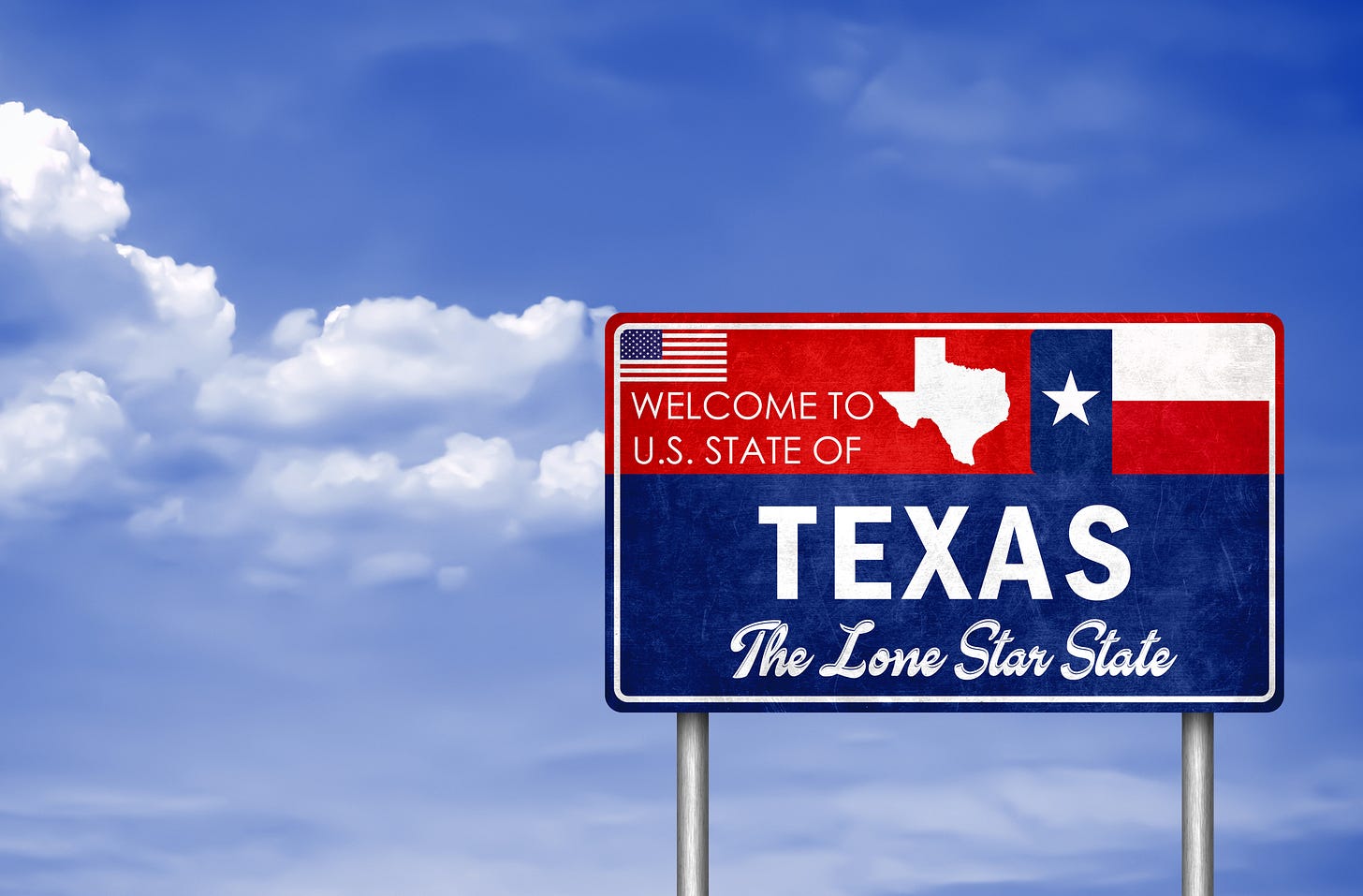Texas election officials have identified 2,724 registered voters who may be noncitizens through their comparison of voter registration data with federal immigration records, according to Secretary of State John Scott, who is now Secretary of State Jane Nelson. The identified 2,724 voters make up less than 0.01% of Texas’s 18 million registered voters, while county officials will verify their status.
Unprecedented Access to Federal Data
The Systematic Alien Verification for Entitlements (SAVE) database from U.S. Citizenship and Immigration Services became available to states at no cost under the current administration, allowing Nelson’s office to conduct a thorough review. The Texas election authorities conducted their most extensive citizenship verification study by accessing federal immigration records.
According to Nelson, who released a press statement on Monday, all voters in the United States must be American citizens. The Trump administration granted states access to its database, which Nelson used to support the decision that improved Texas voter registration accuracy and citizenship verification systems.
Distribution Across Major Population Centers
The identification of noncitizen voters occurred in 189 counties across Texas’s 254 counties, with the highest numbers found in the most densely populated regions. The Houston-based Harris County recorded 362 flagged registrations, the highest total, followed by Dallas County with 277, Bexar County with 201, and El Paso County with 165.
Verification Process and Legal Framework
County voter registrars are now required to conduct individual investigations into each flagged registration under Texas law. The Election Code requires officials to send a written notice to individuals identified as potential noncitizens, providing them 30 days to submit proof of citizenship. Registrations will be canceled for those who fail to respond within the designated timeframe.
“Everyone’s right to vote is sacred and must be protected,” Nelson emphasized. “We encourage counties to conduct rigorous investigations to determine if any voter is ineligible — just as they do with any other data set we provide.”
Confirmed noncitizens will be referred to the state Attorney General’s Office for potential prosecution, according to the Secretary of State’s announcement.
Broader Context of Election Integrity Efforts
The announcement emerges during a period when Texas and other states are facing increased scrutiny of their voter registration requirements. Nelson sent 33 suspected non-citizens who voted in the November 2024 general election to the Attorney General’s Office for investigation during the previous year. The number of alleged non-citizens amounted to less than 0.001% of the 11.3 million voters who participated in the election.
The Department of Homeland Security made the SAVE database available to Texas in March through an executive order from President Trump, which required free database access for all states. Nelson explained that the tool provides the most reliable citizenship verification data available, and Texas joined a federal pilot program to enhance the database system.
Historical Accuracy Concerns
Previous Texas voter fraud investigations have been criticized for their unreliable methods and inaccurate results. Governor Greg Abbott announced in 2024 that Texas voter registration lists would remove 6,500 noncitizens; however, subsequent research by Votebeat, The Texas Tribune, and ProPublica revealed that the numbers were exaggerated. The investigation revealed that noncitizen removals from voter rolls during the three years totaled 581 people, while the rest of the individuals received citizenship confirmation notices without responding.
“The term ‘potential noncitizen’ does not mean that any of the flagged individuals have voted illegally.”
Questions About Database Reliability
Texas officials support the SAVE database, but experts doubt its effectiveness in safeguarding personal data and maintaining accurate information. The Elections Director, Christina Adkins, informed election officials during a June call that the tool provides exact information to verify the citizenship status of naturalized citizens. The Elections Director confirmed that her office followed all required procedures and contacted counties before sending attorney general referrals to verify the accuracy of the records.
The Texas-federal agreement requires the state to enable unverified U.S. citizens to contest their records before any permanent modifications can be made.
National Implications
Multiple states, including Michigan, Ohio, and Georgia, have initiated investigations into potential noncitizen voting cases through their voter roll audit processes. The Republican-led initiative to demand citizenship verification during voter registration has led multiple states to implement this requirement. Still, Texas failed to pass its proof-of-citizenship bill during the last legislative session.
The Texas voting process continues with early voting for November municipal elections while Election Day approaches on November 4. State officials stated that the review process focuses on maintaining accurate voter records while protecting election integrity for the upcoming 2026 election cycle.



